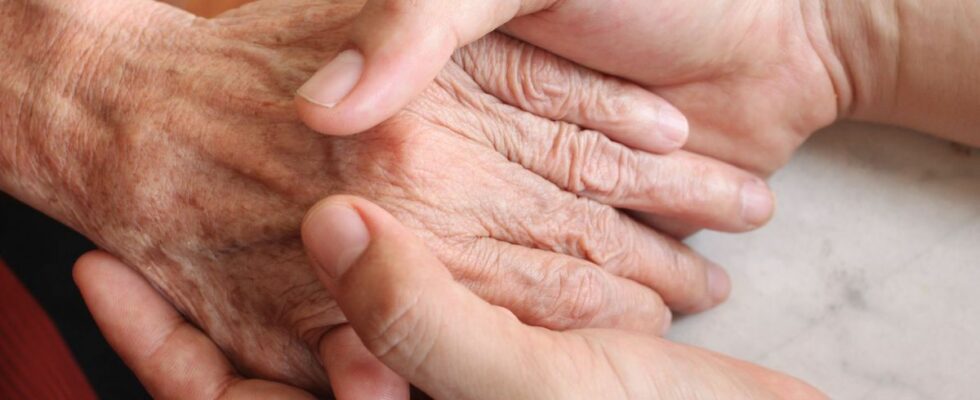Published on
updated on
Reading 3 min.
in collaboration with
Amélie Boukhobza (Clinical psychologist)
What do we talk about when we feel the end coming? Sensible things or everyday trifles? In an English podcast, a palliative care nurse reveals the reality. And what she shares should make us think… in our lifetime.
All stories and endings are different. But when we approach death, it seems that most people often share the same worry. In any case, this is what Julie McFadden reveals, a palliative care nurse for 15 years who shares her experience in a health podcast.
Regrets, the statement that comes up the most
According to the professional, at the bedside of these dying people, it is not great revelations or secrets that come out of the patients’ mouths, but above all regrets. These things they have wrongly taken for granted throughout their lives and no longer have time to correct. There would also be 3 main regrets.
- Not taking enough care of them : “The first thing I hear all the time is that they regret not enjoying their health while they had it” emphasizes the nurse. “That’s the first thing people say to me, I wish I understood how amazing it is to have a body that works”;
- The second regret she often hears is from people who admit having “worked too much” during their life (instead of enjoying life and their family);
- Finally, many dying patients have regrets about their relationships : “People either regret maintaining certain relationships and friendships or holding grudges.” she explains in an Instagram post.
Next is giving too much importance to what others thought of themselves.
A beautiful life lesson, to integrate while there is time
Julie McFadden hopes this revelation can change our outlook on life. “Death can be messy, and maybe not so pretty.” she reveals. Before this chaos, it is useful to realize that we will probably no longer be able to do everything we want, and to act accordingly.
A plea that also resonates with our Amélie Boukhobza, a psychologist who has also worked with end-of-life patients.
“These regrets seem logical, during the final moment, that of taking stock… Confidences full of seriousness and lucidity, which confront us with an ultimately universal question: is it really possible to live without regrets? What remains are the choices we made – or those we didn’t dare to make It’s human: we realize that we often postponed what really mattered, thinking we had time or prioritizing. other thing”.
But according to her, these testimonies bring us back to the basics. It is not a question of giving in to an injunction to “succeed in everything” or “not to fail at anything”, but of listening to what these regrets say about our values and our deep needs. “Health, time, relationships, life, small pleasures: these are fundamentals that we sometimes neglect out of automatism, fear or conformism…”.
Good in his body, good in his head!
Is there a way to avoid regrets?
It is not always easy to prioritize the important, as long as we do not face the risk of losing everything. But it is still possible to make choices that can prevent us from regretting our past, our way of living.
“Being grounded in reality is what really matters. You have to ask yourself the right questions: What makes sense to me? Am I building a life that suits me? Am I afraid to say no, take risks or choose differently? advises the psychologist.
The nurse’s revelation is also an invitation to action.
“It’s worth remembering that there is no perfect opportunity to act. Reconnecting with someone we care about, slowing down, taking care of ourselves… I believe that regrets often arise from what we didn’t dare to make, much more than the mistakes we made” continues Amélie Boukhobza.
These last words, often tinged with sadness, must therefore lead us to act now. “As long as there is time, there are possibilities. It’s up to us to seize them!” she concludes.

